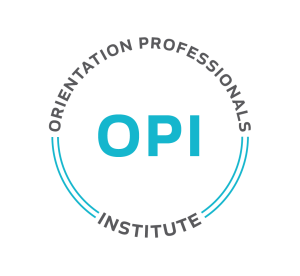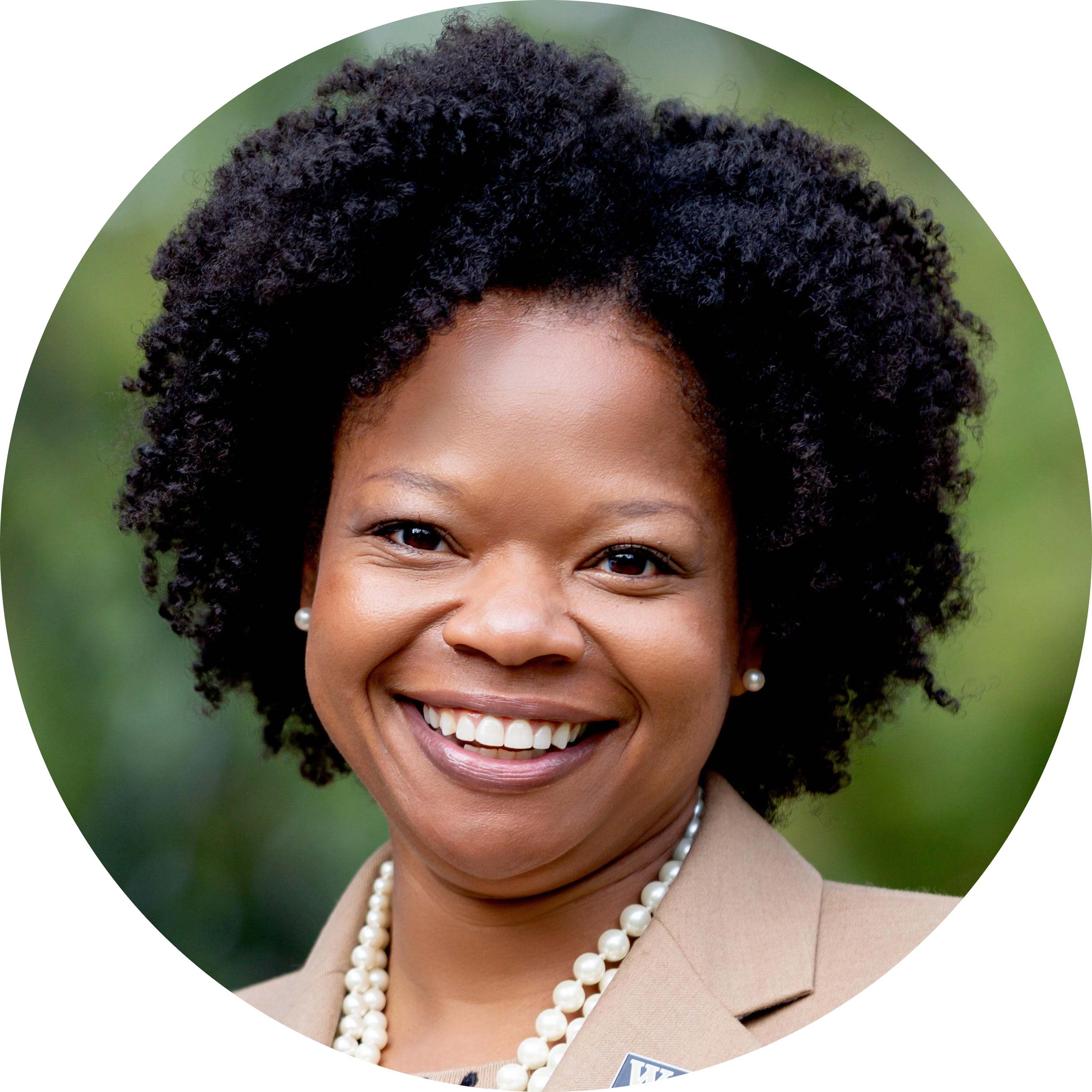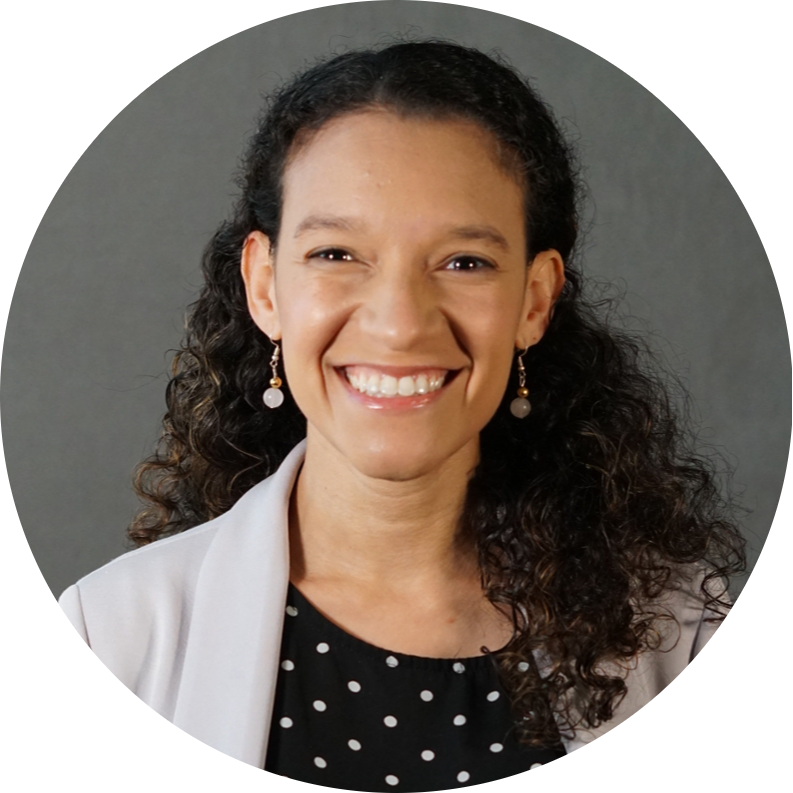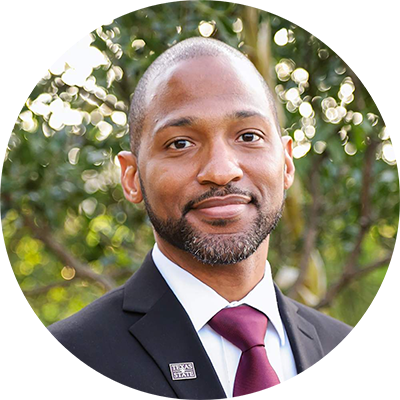The Institute is designed to serve new full-time professional staff who are responsible for orientation programming and possess less than 4 years of total professional experience.
The Institute is not open to graduate or undergraduate students. We recognize that many professionals have significant professional experience in higher education and may have recently become responsible for orientation programs on their campus, but our primary goal is to serve emerging professionals in the field.
Join us in San Francisco, CA for OPI 2025: October 22 – 24, 2025!

Learning Outcomes and Curriculum
The curriculum for the Orientation Professionals Institute (OPI) is guided by the standards set forth by the Council for the Advancement of Standards in Higher Education (CAS) and NODA’s Core Competencies. The curriculum serves as a roadmap for new professionals in the the field of orientation, transition, and retention (OTR) over a two-and-a-half-day institute. The OPI curriculum is framed to help new professionals gain an understanding of the foundations of OTR work, the student populations whom OTR programs serve, and the functional best practices that help to create effective OTR programs. The primary focus of OPI is on new student orientation, and the initial transition to the institution, as this is one of the foundational steps in the student transition experience, which ultimately promotes student retention.
Overarching OPI Learning Outcomes
- Participants will be able to discuss best practices and innovative ideas for a comprehensive orientation program.
- Participants will develop foundational skills related to networking and building relationships.
- Participants will be able to articulate the importance of using evaluation and assessment measures to make evidence-based decisions within OTR initiatives.
- Participants will be able to recall core competencies associated with NODA.
- Participants will develop strategies related to management and supervision.
- Participants will be able to identify the role campus politics and current events play in orientation programs.
- Participants will be knowledgeable of additional resources related to cultivating a diverse, equitable and inclusive orientation program.
Institute Faculty
OPI is staffed by outstanding faculty with extensive student affairs experience including a wide variety of orientation and other administrative experiences. Faculty members have served in roles at diverse types of institutions including all sizes, public, private, community colleges, and special interest institutions. Additionally, each faculty member has held leadership positions within NODA. Regardless of the type of institution you represent, you will have ample opportunity to interact with faculty, other NODA leadership, and participants who share common professional interests and challenges.

Shea Kidd Brown
Lead Faculty
Vice President for Campus Life
Wake Forest University

Chrissy Daniel
Associate Director of Orientation, Transition and Parent Programs
University at Buffalo

Virginia Johnson
Associate Director of Orientation Programs
Purdue University

Shelton Lewis
Senior Director of Admissions
South University

Abbey Mikesell
Director of Undergraduate Advising
Purdue University, Mitch Daniels School of Business

Carolina Nutt
Senior Director of Student Success – COMPASS Student Experience
University of South Florida St. Petersburg Campus

Chris Shemanski
Director of the First-Year Experience
Stevens Institute of Technology

Quincy Spencer
Assistant Vice Chancellor for Student Engagement
University of Arkansas

